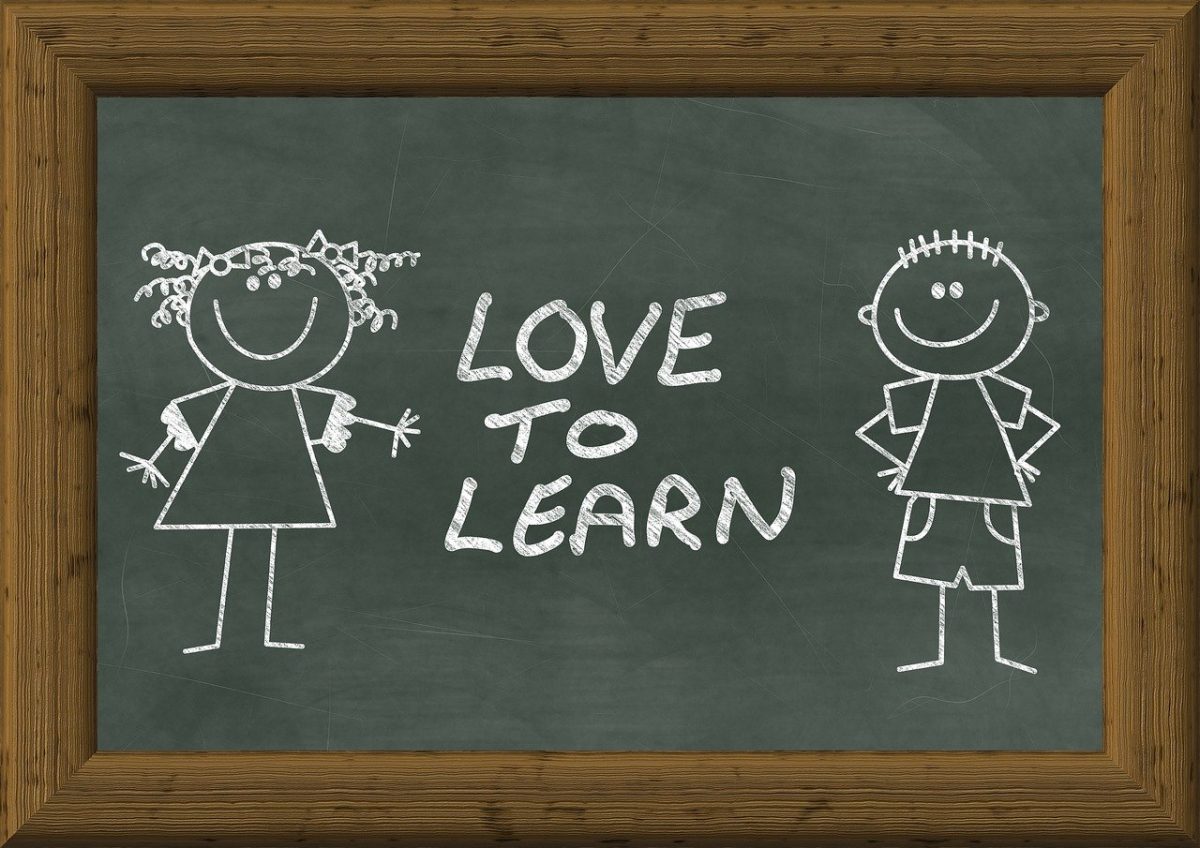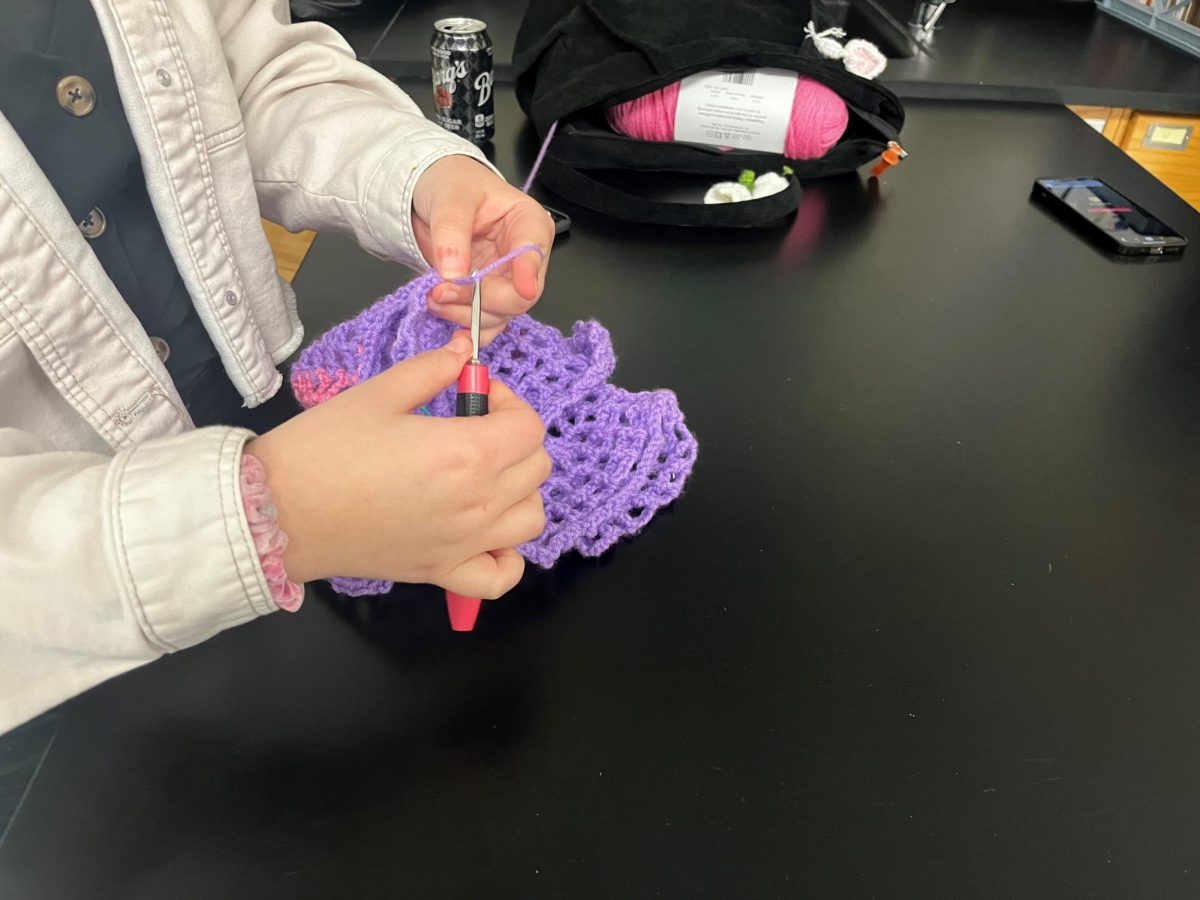Sometimes students see final grades as defining their overall progress. When a student gains one letter, from a C to a B, or from a B to an A, parents and teachers proudly beam. Report cards and GPA grades are proof that hard work is finally paying off. Is a better grade always a sign of real academic progress?
Grades can be helpful. They give teachers and students an exact tool to track progress over time. A rising test score may mean that a child knows something better than they used to know. High grades can also serve as a motivator, encouraging students to stay focused, work harder, and reach further. Grades are something after high school—colleges, scholarships, and even some careers use them to measure potential. In a sense, such progress symbolized by grades can be fulfilling and meaningful.
However, grades do not always describe everything. A student can do very well on a history test by studying dates overnight but lose them after the test is taken. Another student can understand the material just fine but become anxious about tests, resulting in a lower score. Under such circumstances, the grade does not reflect the actual progress being made.
“Progress for me means showing improvement and excelling in something, whether it’s a goal or skill but mainly moving forward and overcoming a challenge you once faced,” said Shmaya Kerio, sophomore. “It can be good, but it can also have negative sides. A positive progress can be learning new skills. Negative progress could be putting others down and hurting others.”
Belinda Garcia, junior, offers another perspective: “Progress to me means doing better than the last time or getting closer to the goal. Not every form of progress can automatically improve human life, an example for this can be progression towards a goal you have but not everyone’s goal can be [reached].”
Technology is yet another addition to this controversy. Learning software, programs, and even artificial intelligence programs can help students advance their grades by answering immediately, generating practice problems, or processing lessons. It might accelerate the learning process and make it easier but questions if enhanced grades demonstrate the mastery of a student or merely the mastery of technology usage. If only numbers decide progress, it may overlook whether the students are actually developing problem-solving and critical thinking skills outside of the teacher.
And then there is stress. Some students feel that their worthiness is tied up with their GPA. Such attitudes produce ill-health stress, so that some put more stock in earning points than learning. Instead of exploring new ideas or using imagination, students will take the safe path—picking courses or projects designed to make high grades rather than truly growing.
Maybe the real problem is we define progress in the first place. Should we only define progress in terms of numbers and letters on a page? Or should it include such things as problem-solving, persistence, communication, and curiosity—skills that cannot always be graded? There are other ways than just tests to assess student progress including portfolios or project-based learning. These methods try to find out more about what students actually can do, as opposed to one piece of work or assessment.
Educational success is more sophisticated than grades. Grades are useful pointers, but they’re only part of the picture. Genuine success is actually more about building knowledge, confidence and skills that go far, far beyond the school years. Really, maybe the question we should be asking ourselves isn’t “What grade did I achieve?” so much as “What did I really learn?”





















